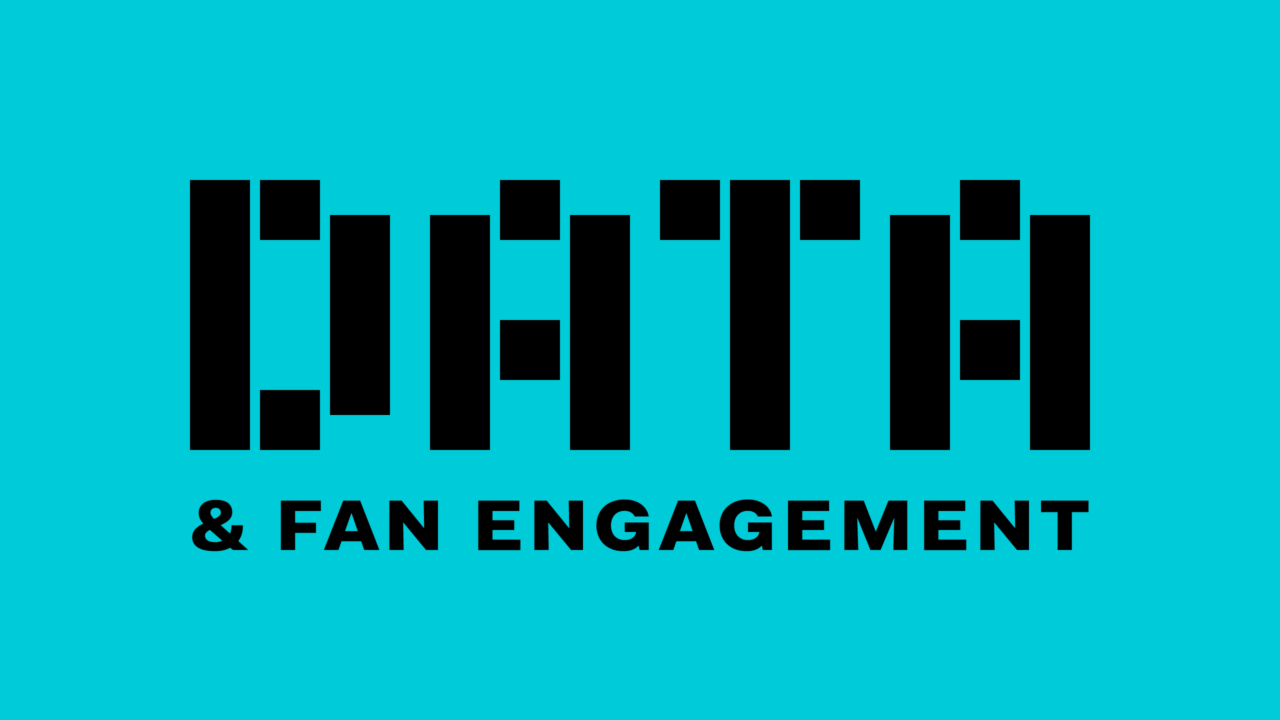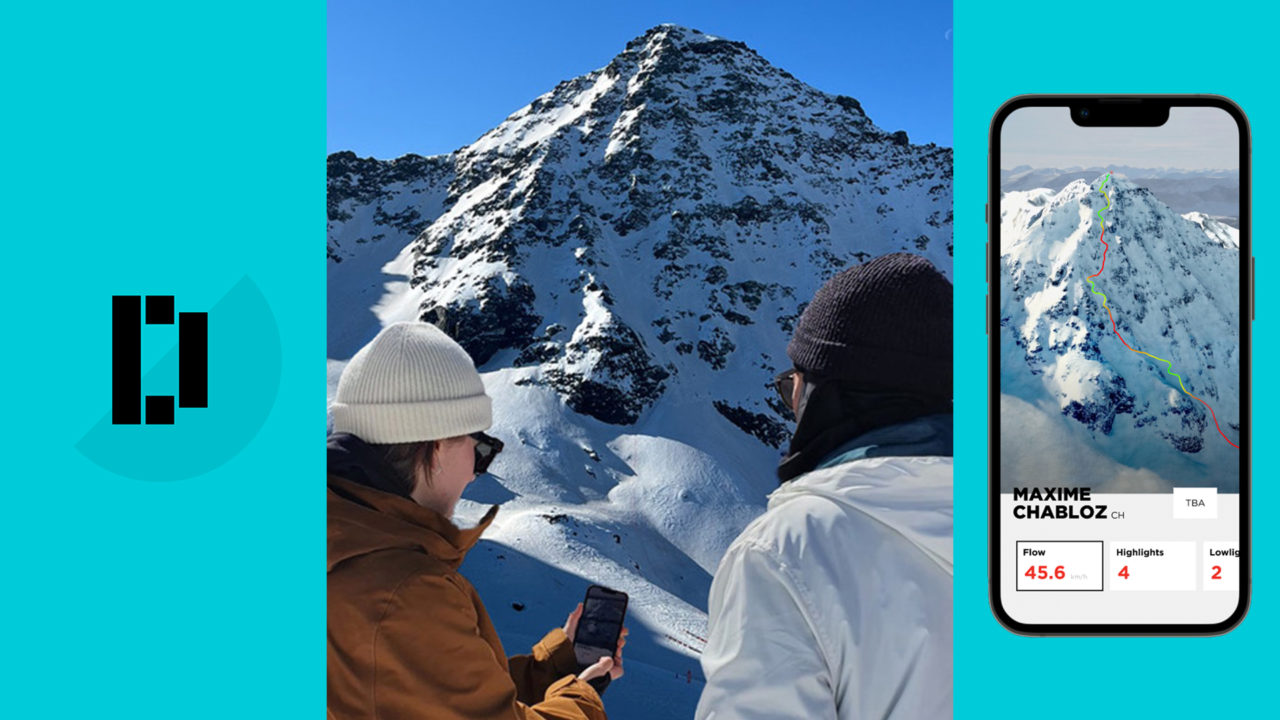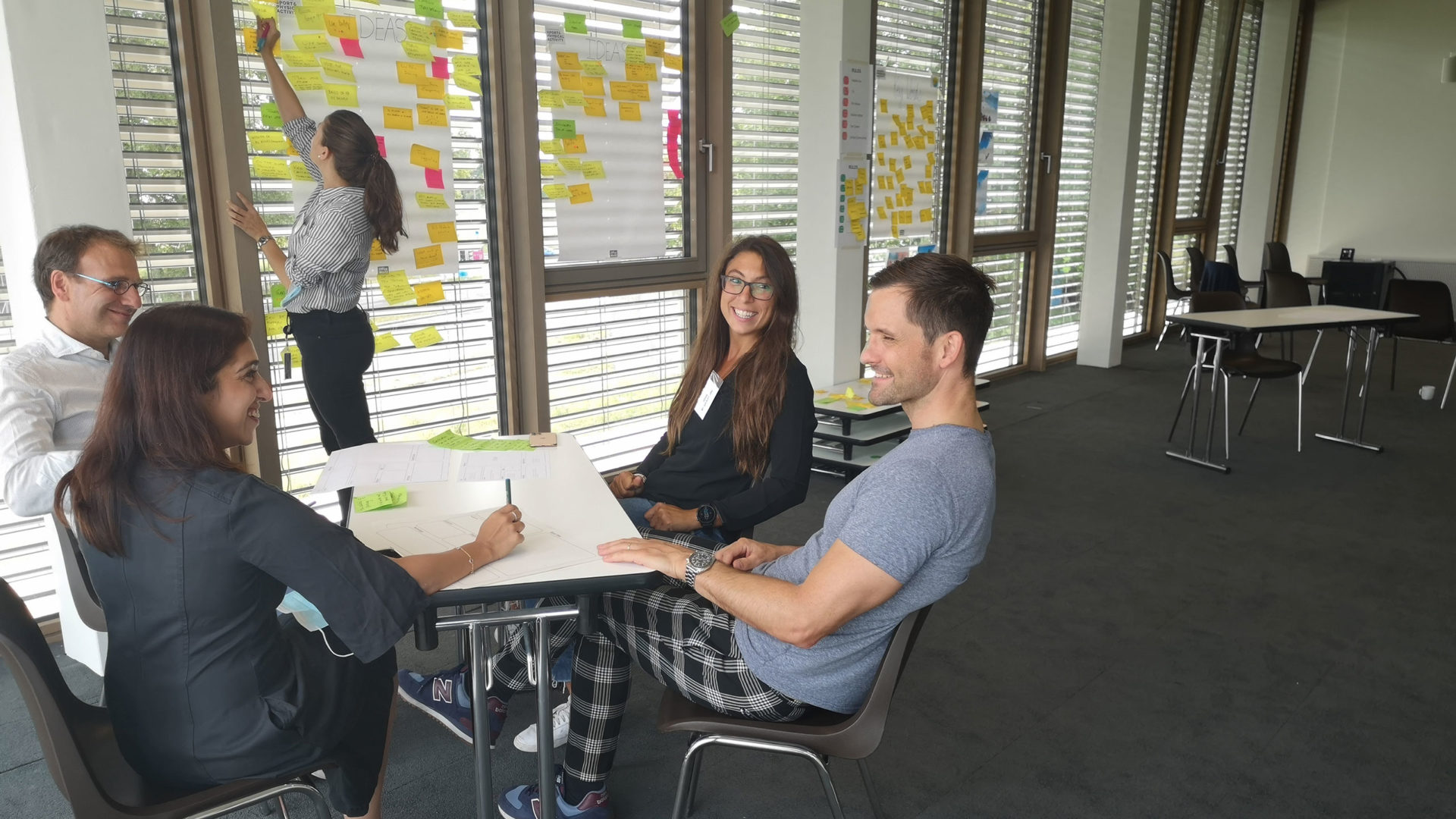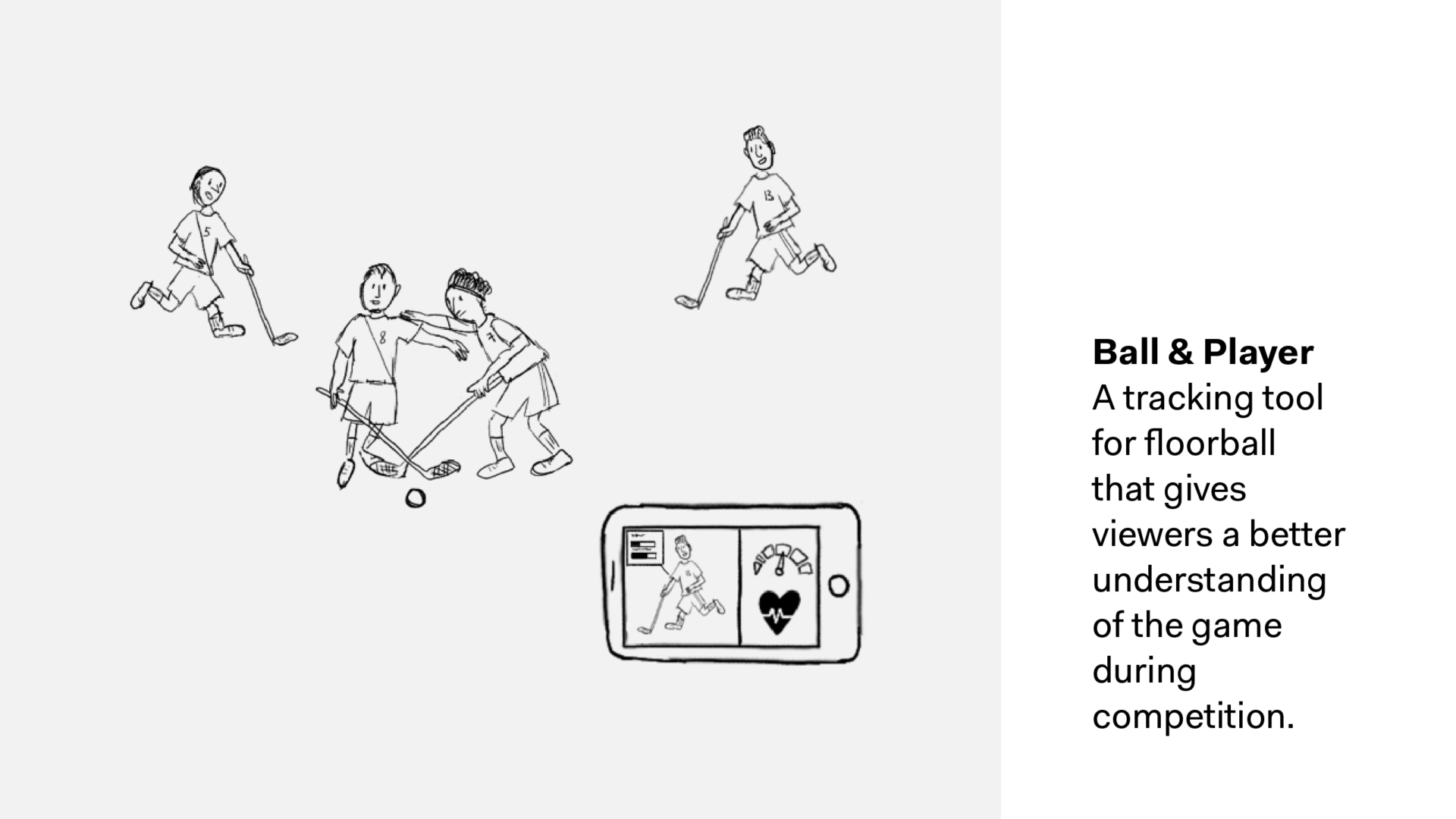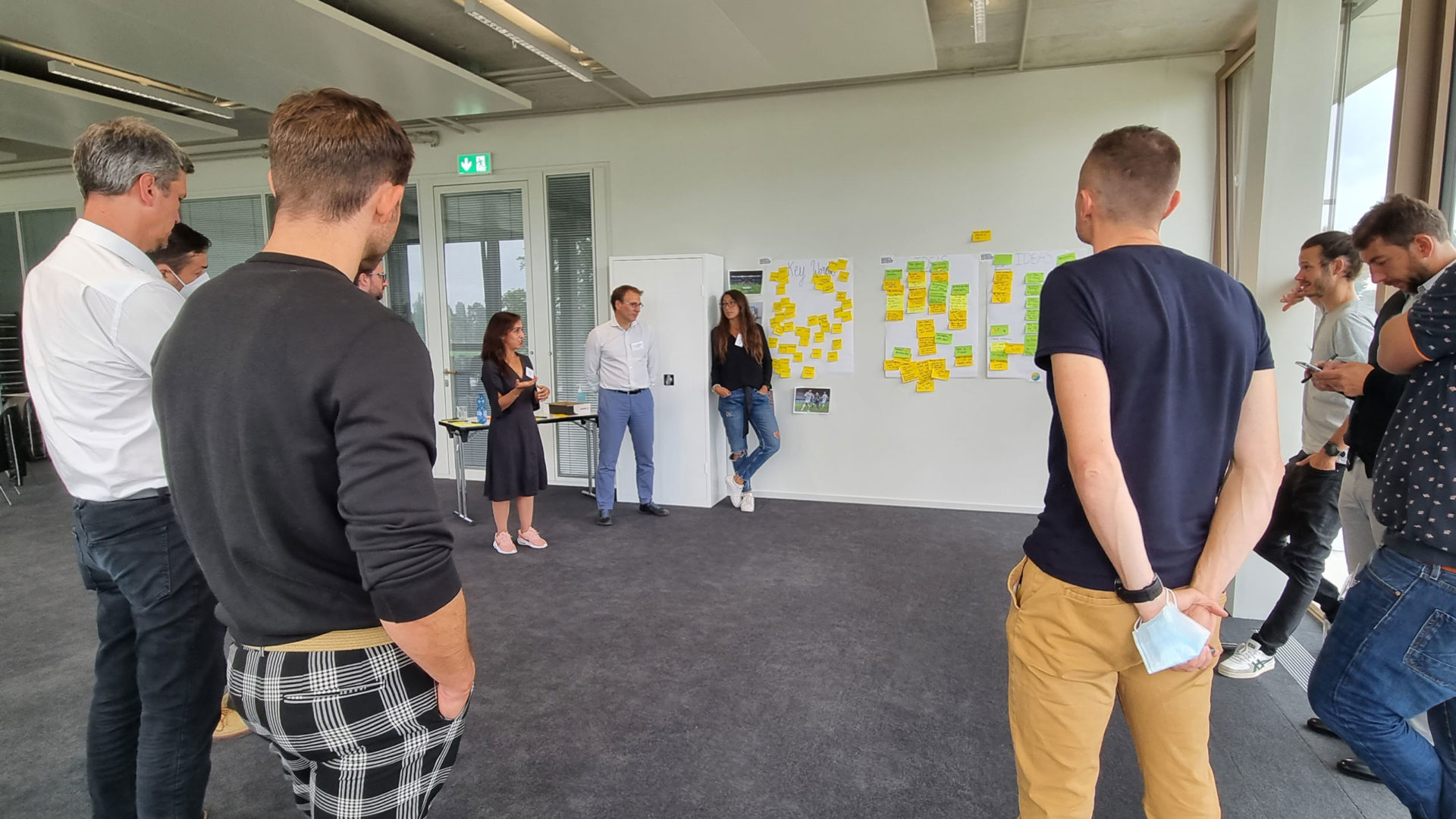Context
In 2016, PwC concluded in their first survey on sport, that “the future of sport is being defined by how aptly sports leaders are able to use technology”. More specifically, 86% of the participants surveyed and representing International Olympic federations believed that “leveraging new technologies represents the most significant change to their business models”. Even before the COVID-19 pandemic, the sport industry has become highly disrupted due to technologies that allow sports to be marketed in new ways.
In sport, traditional business models rely on people flocking physically to stadiums for intense emotional moments, not to mention significant supplies of food and beverage. During the pandemic, the incompatibility of those business models with the new reality of social distancing has become most obvious.
As a result, traditional sports need to find new ways of building fan communities, a skill the gaming and e-sports industries have mastered with ease. Traditional sports seem to be lagging and there is still a lot of room for innovation in this area. During Tokyo 2020, the Olympic digital platforms experienced record traffic numbers, with the number of daily users doubled compared to Rio 2016. Digital platforms are the hubs where content is delivered, and communities are created. To enrich those digital platforms with content that will attract existing and new fans is THE challenge sport organisations are facing today.

